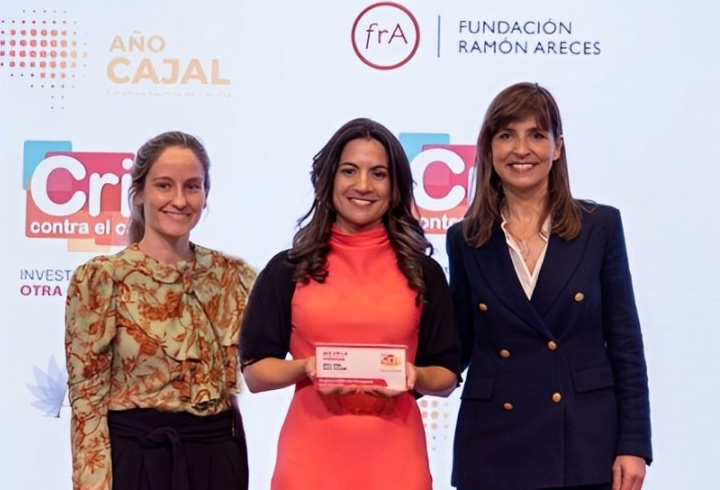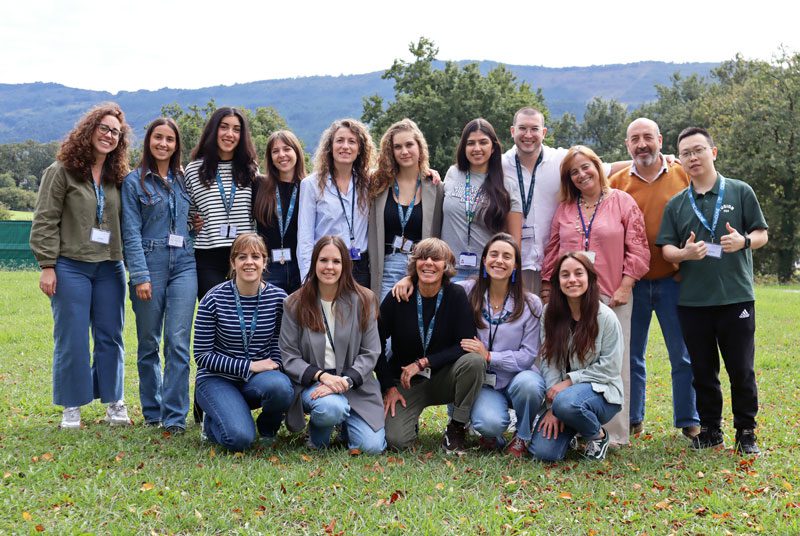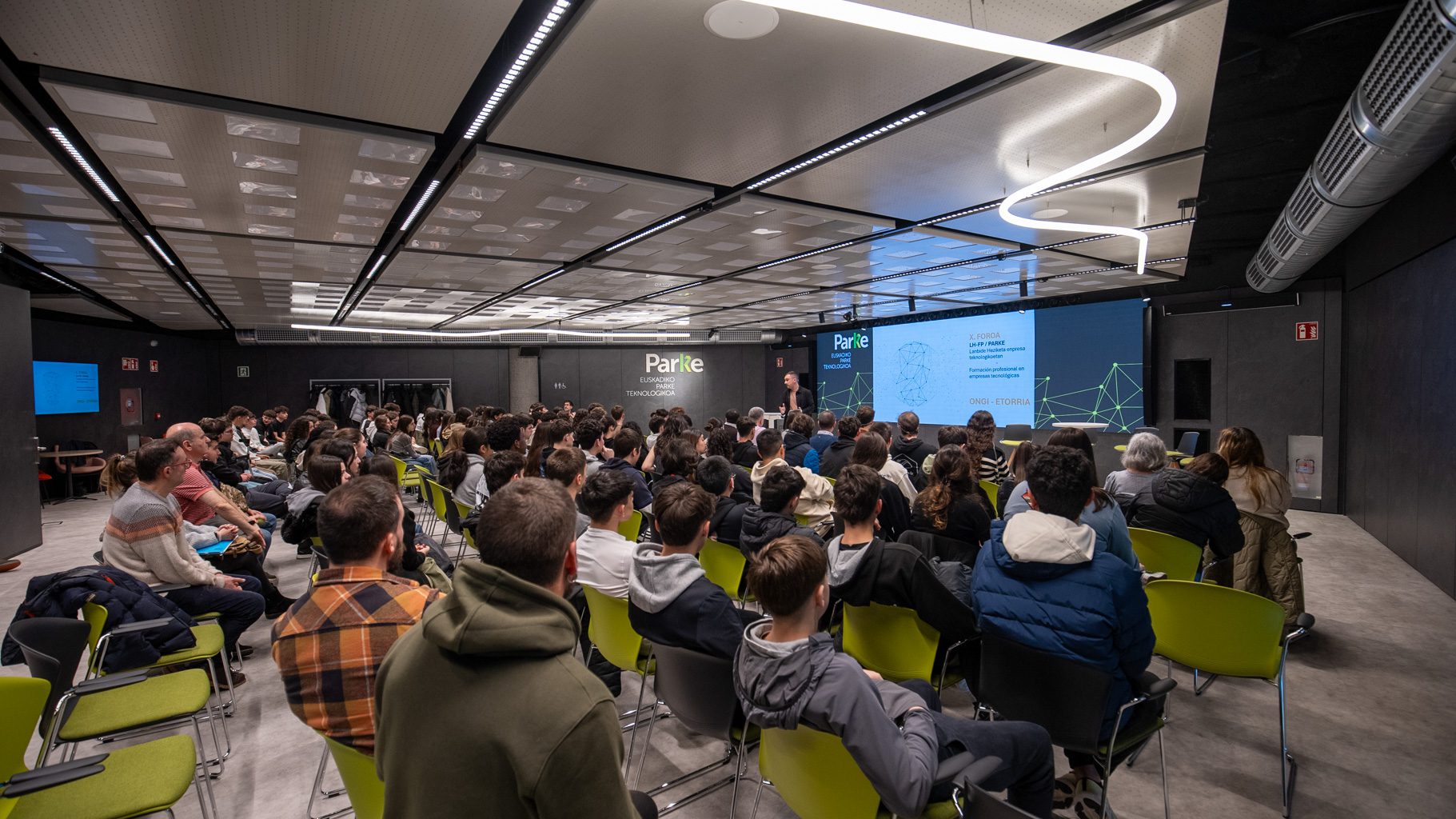CRIS Contra el Cáncer funds a CIC bioGUNE project to boost breast cancer research

The 3rd CRIS Research 2023 Awards Ceremony highlights the CRIS Programmes’ commitment to funding high-quality cancer research at 80 research centres in 16 countries.
Almost 10 million euros were awarded this year to support outstanding projects, including one led by Dr Ana Ruiz-Saenz on resistance in breast cancer, the most common type in women.
The Auditorium of the Ramón Areces Foundation in Madrid witnessed a momentous event in the field of cancer research: the 3rd Edition of the CRIS Research 2023 Awards Ceremony.
The CRIS Research Programmes aim to support and fund excellent cancer research with high quality projects with a duration of five years. In this 2023 edition, oncology research is being funded in 80 research centres in 16 countries, making them leaders in Spain in terms of funding and duration.
This year, the scientific community gathered once again to celebrate the commitment and dedication of outstanding researchers in the fight against cancer. The CRIS Research Programmes 2023 have awarded a total of almost 10 million euros to promote high quality projects and support brilliant researchers, thus recognising the exceptional work of the awardees in various CRIS calls, both nationally and internationally. In addition, in this edition, the renovation of two CRIS Units in Spanish public hospitals has been awarded, thus reinforcing the commitment to research in the clinical field.
Among the projects funded, the project “Response and resistance in Breast Cancer“, led by Dr. Ana Ruiz-Saenz, Ramón y Cajal and Ikerbasque Principal Investigator in the ‘Resistance to Cancer Therapy’ group at CIC bioGUNE, a member of BRTA, stands out. This project aims to unravel the biological mechanisms that determine the response to Trastuzumab-Deruxtecan therapy in breast cancer patients, which could have a major impact on the treatment of this disease.
Breast cancer is the most common type of cancer in women, affecting one in eight. Among these women with breast cancer, 20% have an aggressive form in which the tumour cells have large amounts of a protein called HER2 on their surface (hence these tumours are called HER2+). Recently, a therapy has been developed that has had a huge positive impact on patients with these tumours, known as Trastuzumab-Deruxtecan (T-DXd). However, it remains to be understood why some patients respond to this therapy while others do not, even if they do not have high levels of HER2 in their tumour cells.
During the day-long event, a scientific symposium entitled “Redefining the future of cancer: transforming cancer detection through advanced technologies” was held. Both international and national leading scientists participated, addressing crucial topics such as early detection, accurate diagnostics, preventive cancer vaccines and the role of artificial intelligence in research and the healthcare system. Among the keynote speakers was Dr Isabel Mendizabal, an emerging scientist in the Cancer Cell Signalling and Metabolism laboratory, who presented on “Single cell resolution transcriptomic technologies to identify metastatic drivers in prostate cancer“.
The III Edition of the CRIS Research 2023 Awards Ceremony reaffirms the commitment of the scientific community and CRIS Against Cancer in the search for innovative and effective solutions to combat this devastating disease.




